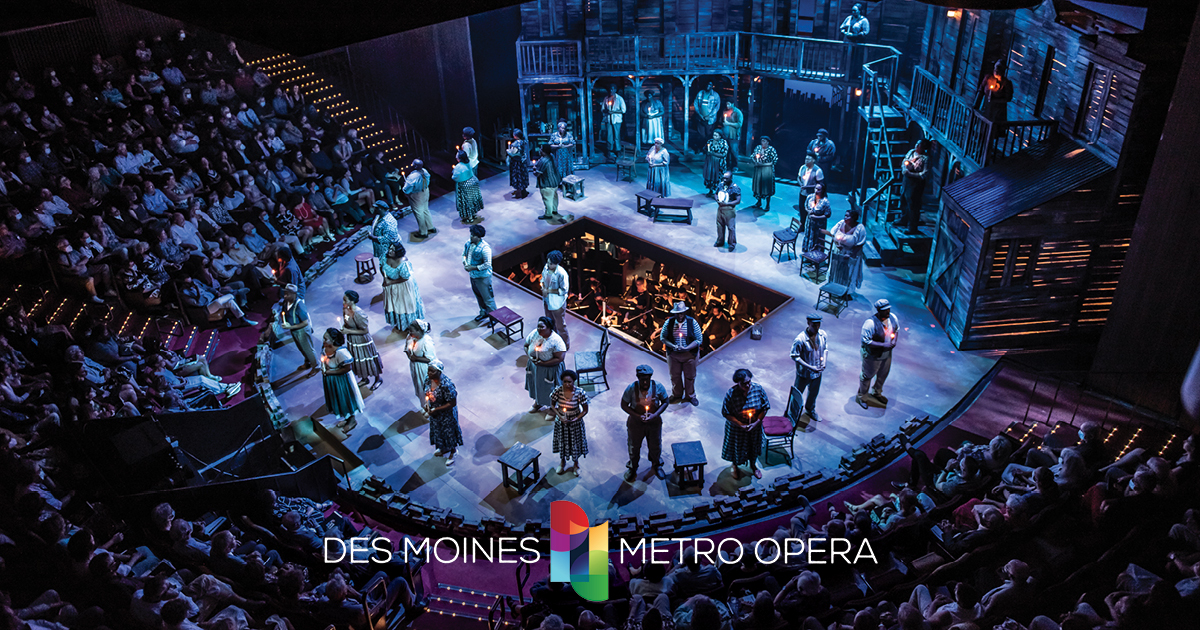Just been listening to Billy Budd, for the first time in about ten years (the Hickox recording).
What strikes me now - and what certainly struck me the one time I saw the opera staged at Covent Garden - is the overall bleakness of the piece. The impression I get from the Epilogue is that Vere is trying desperately to take something of value from the terrible events he is remembering.....only because the alternative is to surrender to despair at Man's capacity for evil. For me, this makes...Budd quite a nihilistic piece.
What does everyone else think?
What strikes me now - and what certainly struck me the one time I saw the opera staged at Covent Garden - is the overall bleakness of the piece. The impression I get from the Epilogue is that Vere is trying desperately to take something of value from the terrible events he is remembering.....only because the alternative is to surrender to despair at Man's capacity for evil. For me, this makes...Budd quite a nihilistic piece.
What does everyone else think?




Comment